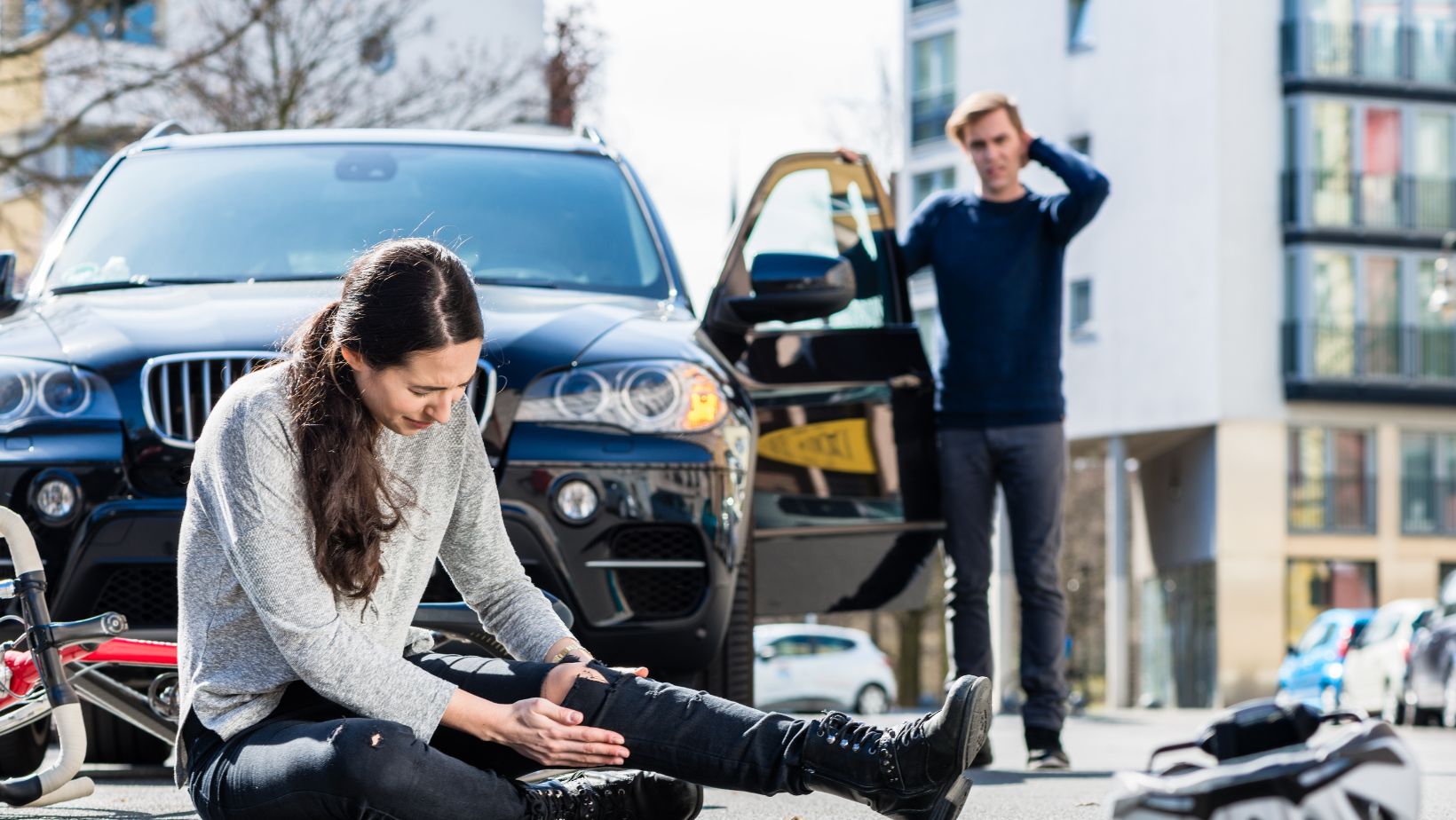
Accidents happen when we least expect them, often leaving us overwhelmed and unsure of what to do next. If you are the injured party, it’s important to know which steps to take to speed up your recovery and overall well-being, while making sure your legal rights are respected.
It sounds a bit bleak, but you’re the only one who can put things in motion in this situation. Still, this doesn’t mean you shouldn’t feel confused or scared — these are normal and natural emotions after being involved in an accident.
To give you a bit of a head start, here’s a list of four essential actions to help you navigate the aftermath of an accident with confidence and clarity.
1. Seek Immediate Medical Attention
You may not feel pain, or you may have a few cuts and bruises, but nothing major. There are also accidents where it looks like you got out of it unscathed.
No matter the situation, if you’ve been involved in an accident (a fall, a car crash, something fell on you), go and get checked by a healthcare professional right away!
Some injuries, like internal bleeding or concussions, don’t show obvious symptoms but can worsen quickly without treatment. Prompt medical care serves a twofold purpose: first, it makes sure you are truly outside of any danger, and second, it creates a document trail for insurance or legal purposes.
Delaying care can extend recovery time by up to 30%, so even though the ER waiting room isn’t fun, it’s better than risking complications later.
2. Understand Your Legal and Insurance Rights
Once you’re out of any danger, it’s time to report the accident to the proper authorities and your insurance company. This starts the process for potential compensation, covering medical bills, lost wages, and more.
This is why it’s important to keep detailed records of everything that happens from the moment you get injured. Take photos of the scene and your injuries, collect witness contacts, and get police reports when applicable.
If the situation feels complex (and it often does), consider hiring a local legal professional. For instance, it’s best to look for a personal injury lawyer in Columbia, MO, if this is where you got hurt.
Local lawyers know state-specific laws, regulations, and local court procedures, which are crucial in accident cases. Also, the accident and related claims will generally fall under the courts of the state where the accident occurred, so having a lawyer licensed to practice there is important. For families facing the aftermath of a tragedy, consulting an Allentown wrongful death lawyer can provide guidance through these complex processes, helping ensure that both legal and emotional needs are addressed as they work on recovery.
3. Commit to Physical and Emotional Rehabilitation
Depending on the gravity of the accident, your recovery can be a lengthy process that requires long-term health monitoring and emotional rehabilitation.
While physical therapy or rehab programs help restore strength and mobility, you also have to consider the mental impact. Stress, anxiety, and depression are common after accidents. According to the American Psychological Association, up to 40% of injury survivors experience psychological distress post-accident.

If you feel your emotional well-being has also been impacted, don’t hesitate to seek support from counselors or support groups. It can make a real difference in your full recovery.
4. Plan Your Return to Work and Daily Life
If it’s severe enough, an accident can lead to lost wages and work opportunities, but this is why you need an injury lawyer to represent your interests and get you adequate compensation. Still, money can only do as much, and it’s not much help if you have to let go of an exciting project or promotion.
However, your recovery is more important. Jumping back into your routine too soon can lead to setbacks. Follow medical advice and listen to your body’s limits to know how fast you can go. Also, it helps to communicate openly with your employer or family about any accommodations you might need during this transition.
Many workplaces offer injury programs or benefits to support your return. Plus, returning too early can double the risk of re-injury, so pacing yourself is key to a sustainable recovery.
Wrap Up
Knowing what to do after an accident injury can make all the difference in your recovery and peace of mind. By seeking timely medical care, understanding your legal rights, committing to rehabilitation, and planning a careful return to daily life, you set yourself up for the best possible outcome.












